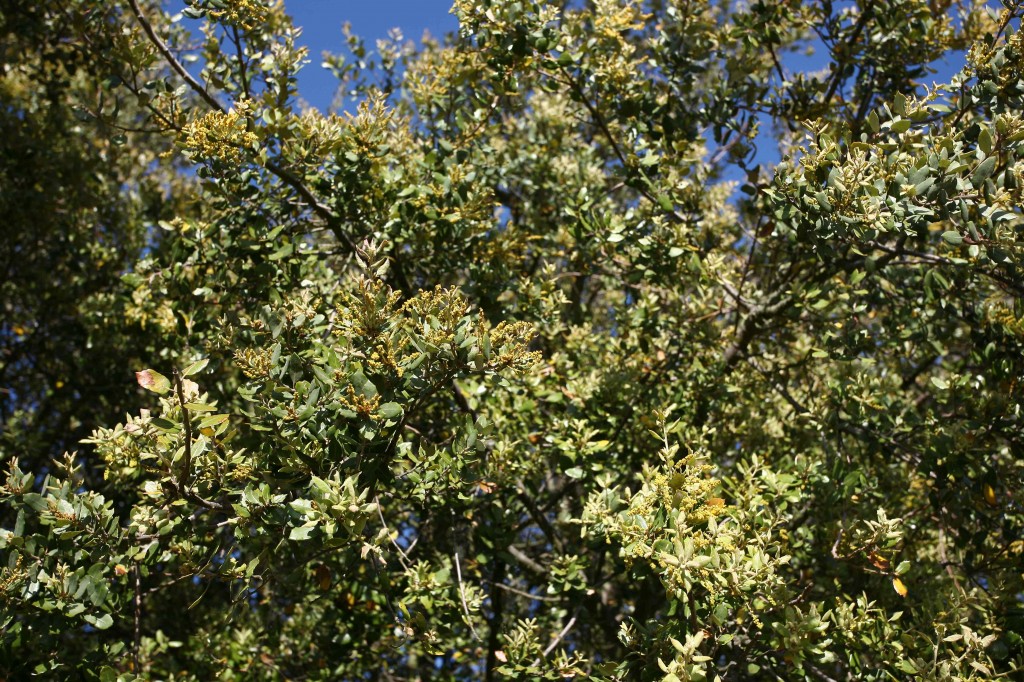In the case of Campo de Azaba, Campo de Argañán and Malcata, the pastures are often subject to over-exploitation, due to increased pruning for firewood, cutting of mother branches to facilitate mechanised work, intensification of agricultural production at the foot of the trees, periodic ploughing which prevents the normal development of the flora, high livestock loads, hunting, very intensive pruning to increase acorn production in the mountains, fencing, etc.
Decreasing water levels, the felling of thickets, trampling and, especially, eutrophication, equally affect wetlands (natural eutrophic lakes, temporary ponds) and riverside formations (gallery forests of Salix alba and Populus alba, alluvial forests of Alnus glutinosa and Fraxinus excelsior) and thermo-Mediterranean riverside galleries and thickets, resulting in a small area and an inadequate state of conservation that affects many species that depend on them.



Comments are closed.